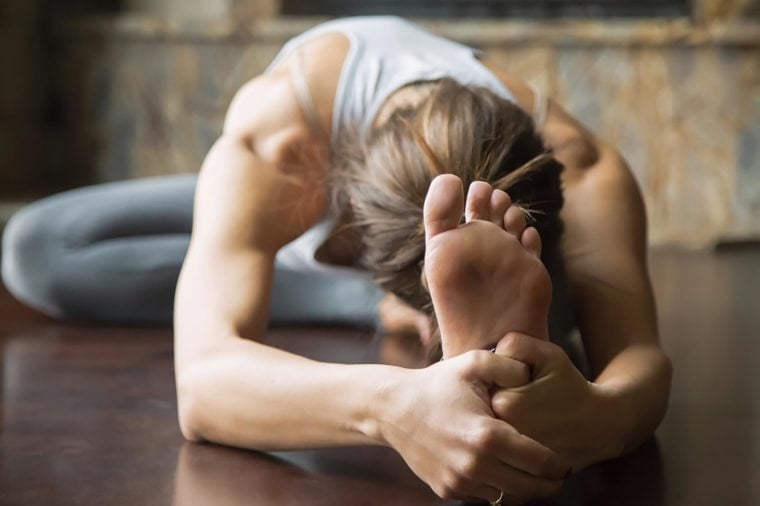When Should You Stretch?
The short answer is YES!
But, an ideal stretch routine requires a little bit of planning. Stretching is a vital part of a healthy fitness regimen. When done properly, stretching can reduce the risk of musculoskeletal injuries by increasing blood flow/circulation, improving muscular balance and posture, and improving muscle coordination.


But, an ideal stretch routine requires a little bit of planning. Stretching is a vital part of a healthy fitness regimen. When done properly, stretching can reduce the risk of musculoskeletal injuries by increasing blood flow/circulation, improving muscular balance and posture, and improving muscle coordination.

Stretching Reduces Fatigue
- Stretching increases blood supply and nutrients to muscles and joints
- Stretching increases a joint’s ability to move through a greater range of motion
- Stretching decreases tightness in tendons and muscles
Stretching Improves Muscular Balance and Posture
- Soft tissue structures often adapt poorly to gravity and bad posture habits
- Stretching realigns soft tissue structures, therefore reducing effort to achieve & maintain proper posture throughout your day
Stretching Improves Muscle Coordination
- Stretching enhances the time it takes an impulse to travel to the brain and back to the muscle
- Stretching helps opposing muscle groups work in a more coordinated fashion
Should I stretch before exercise??
Absolutely! Stretching before exercise should be used to warm-up your muscles. Jumping right into a workout or sport can be shocking to your muscles and can lead to injury. Use a dynamic stretch routine to transition into your activity. Examples include: light cardio (Jumping Jacks, jogging in place, stationary bike), lunges, arm circles.
Should I stretch after exercise??

Please! Your muscles are fabulously flexible at this point! Use a static stretching routine to cool down. Remember to keep every stretch pain free and try to hold each stretch for a minimum of 30 seconds.
 Yes! When lying in bed, you already have the world’s most comfortable yoga mat under you, so use it! Not only does stretching before bed help the mind and body relax, it will help you sleep better, too. Stretches that target key areas where we hold tension, like the shoulders, neck, hands, and chest, are perfect to ensure you enter your slumber relaxed.
Yes! When lying in bed, you already have the world’s most comfortable yoga mat under you, so use it! Not only does stretching before bed help the mind and body relax, it will help you sleep better, too. Stretches that target key areas where we hold tension, like the shoulders, neck, hands, and chest, are perfect to ensure you enter your slumber relaxed.
Should I stretch before bed??







.jpg)
Comments
Post a Comment